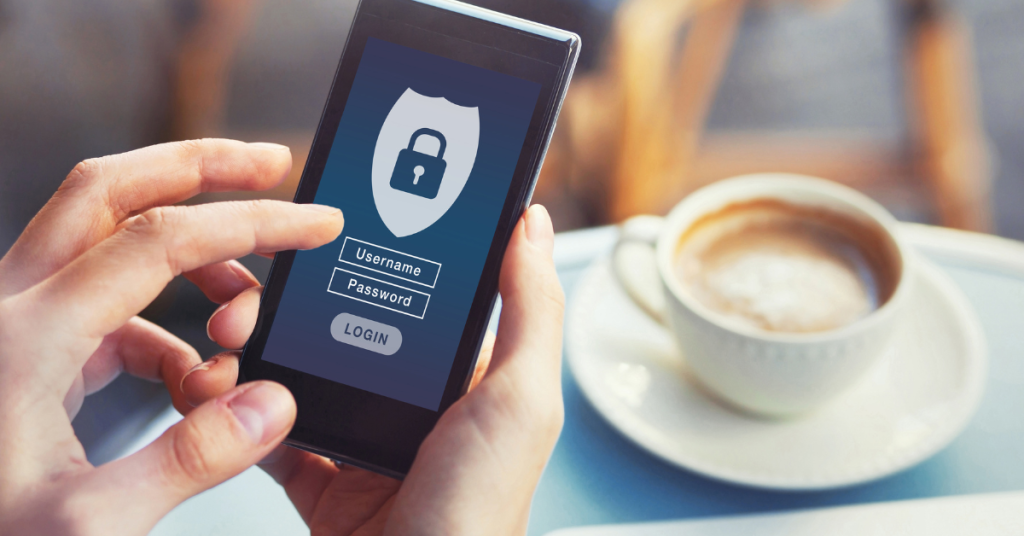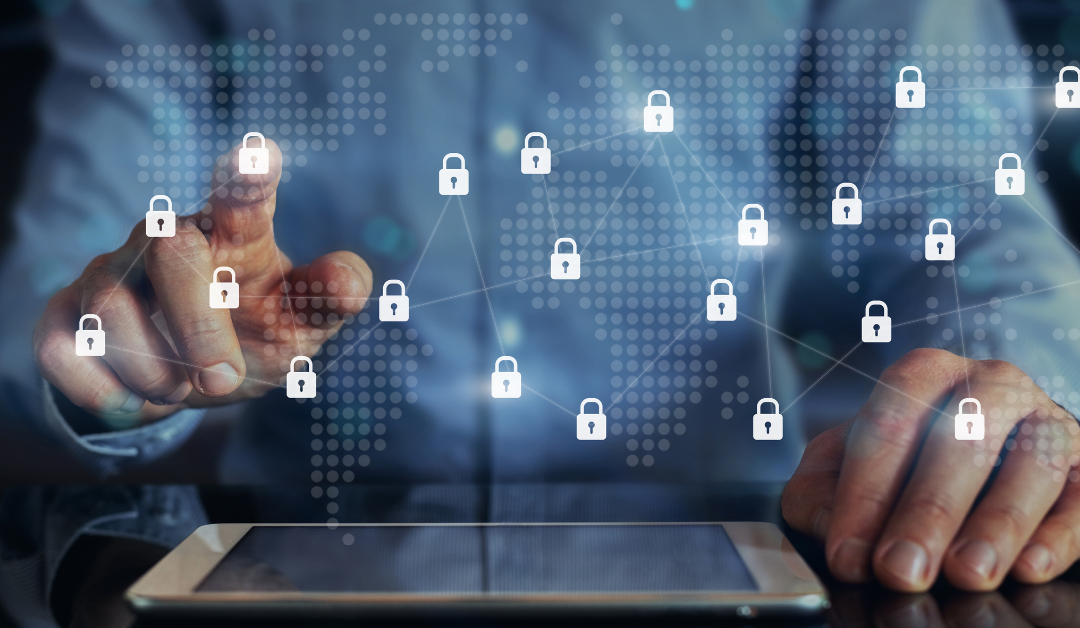In today’s digital world, cybersecurity is more important than ever, especially when it comes to your financial data. As scams, fraud attempts and phishing schemes continue to rise, we believe it’s essential to stay informed and proactive.
We’re not here to spark fear. Our goal is to create awareness and offer simple steps to help protect your personal and business information. At DMA Tax & Accounting, we take every precaution to safeguard the data our clients trust us with and we’re here to help you do the same.
Here’s a look at common risks, smart cybersecurity habits and how we work together to keep your information safe.
Common Accounting Cyber Risks
Handling financial data involves a number of cybersecurity challenges. Some of the most common risks include:
- Outdated software or systems that leave networks vulnerable to hackers
- Sending tax documents over unsecured email, which can be intercepted
- Weak or reused passwords, making accounts easier to breach
- Unsecured file sharing, which puts sensitive data at risk
While some of these actions might seem minor, they can open the door to major security breaches that will create more hassle and risk in the long run than taking time to create precautions in the short run.

Smart Cybersecurity Practices
Here are a few smart steps to help you improve your cybersecurity. Some of our recommended best practices include:
- Use two-factor authentication (2FA) wherever possible. This adds an extra layer of protection even if your password is compromised. Popular tools include Google Authenticator, Microsoft Authenticator, and Authy. Many banks, email providers, and cloud-based software platforms now offer 2FA as a standard feature.
- Only share files through encrypted portals, never by email. Email can be easily intercepted. Instead, use secure file-sharing platforms like DocuSign, Dropbox Business, Google Drive with access controls, or our DMA client portal, which is designed specifically for safe document exchange.
- Keep your software updated and regularly back up your data. Updates often include important security patches. This applies to your computer’s operating system, antivirus programs, and any software used for accounting, communication, or storage. Backups should be stored securely in the cloud or on encrypted external drives.
- Educate your team about phishing scams and other online threats. This includes not clicking on suspicious links, never downloading attachments from unknown senders, and always verifying the full email address of the sender to ensure it matches the business or company they claim to represent.
Security is a shared responsibility, and good habits go a long way in protecting sensitive information. A little awareness now can help prevent major issues later.
How DMA Keeps Data Safe
At DMA, security is not an afterthought. We’ve built it into every layer of how we work. Here’s what we do to protect your information:
- Use of secure client portals for file uploads and communication
- Implementation of encryption tools to protect all stored and shared data
- Ongoing staff training to stay updated on cyber threats and prevention
- Regular internal audits and compliance checks
- Verbal confirmation of third-party requests: If a bank or other institution contacts us about your account or income, we always call you directly to confirm before proceeding
We are committed to maintaining the highest standards of data protection in every area of our work.
How Clients Can Help
We also count on our clients to play a part in cybersecurity. Here are a few easy ways to help us keep your data secure:
- Use strong, unique passwords and update them regularly
- Never email sensitive tax documents
- Ask us for secure file sharing options
- Be cautious with messages or requests that seem off. If you are ever unsure, just ask.
Important Reminder: We will never request personal identifying information via email. Any secure communication will come through our client portal or over the phone.
Cybersecurity is always evolving, and so are we. We hope these tips will support you in being more aware and protected from cyber threats. If you have questions about how to keep your data safe or want to learn more about our security protocols, don’t hesitate to reach out. Your peace of mind matters to us.


Recent Comments